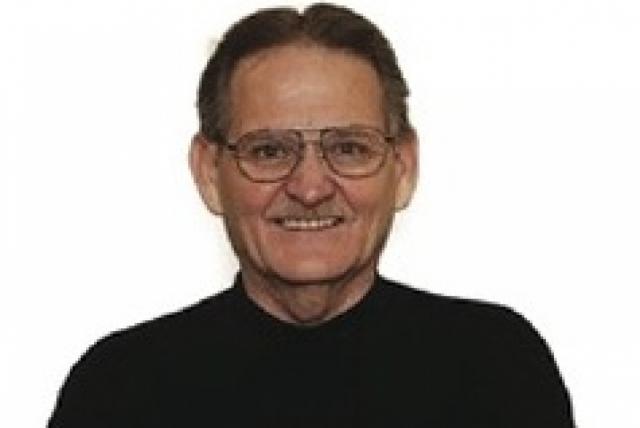Details

Her health had been failing
and her prospects for survival did not look good. Doctors from around the country all offered
the same grim prognosis. Even though her
husband had become a captain of American industry, he stood beside her all but
helpless. There was nothing his money or
influence could affect.
Just as the family was
about to resign themselves to a sealed fate, word reached them of a new
surgical procedure. The family received
the news as a ray of hope. Because of
his wealth and influence he was able to have the two doctors summoned to the
hospital where his wife was a patient.
His sons and daughters were relieved that potential life-saving help was
on the way. But he, a pragmatic and
no-nonsense man, knew that he faced a serious challenge. How would he choose the surgeon who would
afford his wife the best potential outcome?
Because the surgeon selected would have to commit to staying with his
wife for at least the first week, having both of them engaged with one patient
was not an option.
The backgrounds of the
surgeons provided no basis upon which to make a decision. Both surgeons had educational backgrounds and
levels of experience that were remarkable.
Their credentials were impressive and impeccable. References were so similar, that they
appeared to be offered for the same person.
Their patient survival rates were similar. Endorsements by patients, hospitals, and
licensing boards for each of the surgeons provided no indications of
superiority. Regarding the complicated
and experimental surgical procedure in question, both doctors had performed the
procedure the same number of times with similar results. Patients upon whom the procedure was
performed stood about a fifty-fifty chance, even with the surgical advancements
that came in the aftermath of World War II. The search for some indication upon
which to make this decision seemed hopeless.
The family was provided all
of the information available on both surgeons.
The four adult children debated, but they arrived at no conclusion. As the family anxiously awaited the arrival
of the surgeons, they stood by the bedside of the one who they loved and feared
they would soon lose. Through the open
door of the hospital room they watched the surgeons approach. Amazingly, but not surprisingly, the two men
even looked alike. They were about the
same height, the same build, and the same age.
Was there noting that would separate these two very skilled physicians?
But then in an instant, as
a result of a most simple and routine act, the industrial giant who wanted
nothing more than to have his wife's life spared, found the indicator he was
looking so desperately to find. As he
and his children had entered the room, he dropped a small piece of tissue on
the floor just outside of his wife’s room.
He purposefully dropped it off to the side. As the surgeons were about to enter the room,
one of them stooped to pick up the small piece of tissue laying on the floor. Interestingly,
he was the surgeon who was the farthest away from the tissue.
Without hesitation the
patient's husband stepped forward, greeted the surgeon who had not yet had time
to dispose of the tissue, and said, "You will operate on my
wife." He quickly thanked the other
surgeon for his time, and told him that he would be compensated for his time
and that all of his expenses would be covered. Relieved that a decision had
been made, the other members of the family did not question the selection. They were happy that it had been made and
that the surgery could take place. In
short order arrangements were made, and the procedure was successfully
performed. The surgeon did remain to the
end of the first week, at which time he offered a welcome prognosis for a full recovery.
Sometime later one of his
son's asked the industrial giant how he had made the decision. "It was simple," he answered. "When the surgeons were about to enter
the room, one of them bent down to pick up a small piece of tissue I had
purposefully dropped on the floor.
Immediately, I knew into whose hands I wanted to place your mother's
life."
"One of those
men," he continued, "had enough pride in what he did and where he did
it to care about an insignificant detail.
One of them was not above tending to something far below his level of
expertise and experience. I have found
those characteristics to be indispensable in business and industry, and I
assumed they may be important in surgery as well!"
Regardless of what you do in
life, do it with pride, and never grow too big to take care of the details!!!
